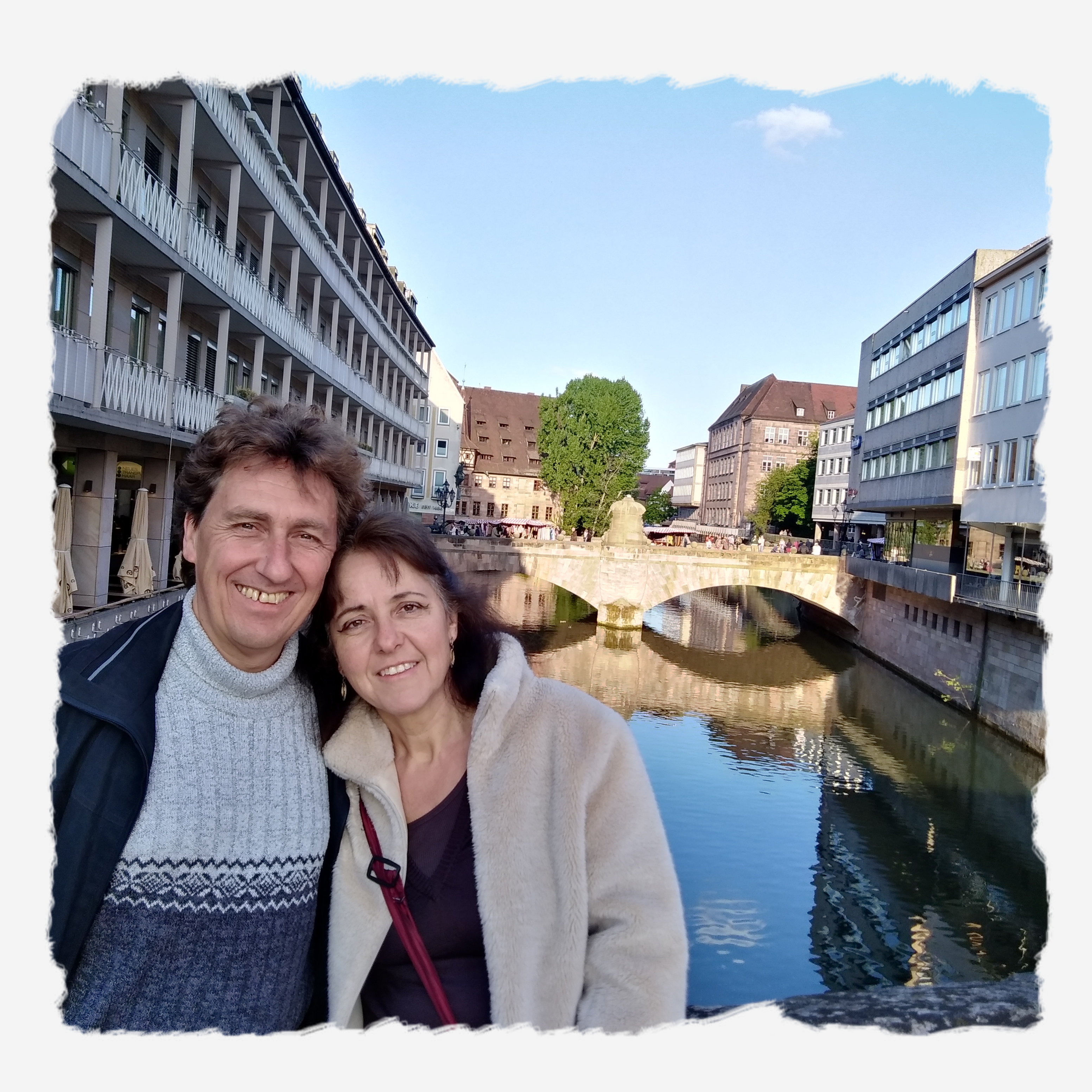In every relationship, communication serves as the foundation for understanding, trust, and connection
Communication is a fundamental aspect of our lives. It's the bridge that connects us to others, fostering understanding and collaboration.
Yet, effective communication is a skill that many of us struggle to master. It's not just about talking or writing. It involves listening, observing, and understanding the nuances of verbal and non-verbal cues.
This article aims to shed light on effective strategies for clear communication. It's designed to help you enhance your communication skills, both in personal relationships and professional settings.
We'll delve into the importance of active listening and non-verbal communication. We'll explore ways to improve verbal communication skills and discuss how to communicate effectively in relationships and the workplace.
We'll also address how to overcome common communication barriers. By the end, you'll have a better understanding of how to communicate more effectively and build stronger connections with those around you.
So, how can we communicate better? Let's find out.
At its core, communication involves exchanging information between individuals. This exchange can be through spoken words, body language, or written text. Understanding these basics is crucial for effective interactions.
Effective communication requires clarity and an understanding of the audience. It also demands empathy and the ability to adapt messages accordingly. These skills lay the foundation for more meaningful interactions in both personal and professional contexts.
Active listening is a vital communication skill. It involves fully concentrating on the speaker and understanding their message. This goes beyond merely hearing words.
By actively listening, we show respect and empathy, encouraging open dialogue. It helps clarify details, prevent misunderstandings, and build stronger relationships. Practicing active listening can transform our interactions and lead to deeper connections.
Non-verbal communication plays a significant role in how we convey messages. It includes facial expressions, gestures, and posture. These cues provide context and emotion to spoken words.
Being aware of non-verbal signals can enhance communication effectiveness. They can reinforce or contradict verbal messages. By understanding these cues, we gain insight into others' true feelings and intentions. This awareness improves our ability to communicate authentically and empathetically.

Improving verbal communication involves more than just speaking clearly. It requires choosing words wisely and delivering them with confidence. Effective verbal communication can reduce conflicts and improve mutual understanding.
Practicing clarity in speech prevents confusion and ensures your message is understood. Engaging in conversations regularly helps build verbal skills. It encourages thoughtfulness in how messages are delivered and received.
The words we choose play a critical role in communication. They can convey respect, empathy, and understanding. Selecting words carefully ensures the intended message is clear and meaningful.
Thoughtful word choice can prevent misinterpretations and foster productive conversations. It helps in expressing ideas succinctly and precisely. By focusing on positive language, we can create a welcoming communication environment.
Tone and inflection add depth to verbal communication. They can alter the perceived meaning of the words spoken. A friendly tone can soften a critical message, making it more palatable.
Recognizing and controlling tone helps improve how messages are received. Inflection can highlight important parts of a message, emphasizing key points. Through tone and inflection, we can communicate with more nuance and intention.
Strong relationships rely on open and honest communication. It forms the bedrock for trust and mutual respect. Consistent interaction helps to affirm understanding and resolve misunderstandings promptly.
Nurturing communication skills in relationships boosts intimacy and cooperation. It requires effort but leads to meaningful connections. Practicing empathy and openness can significantly improve communication with loved ones.
Trust grows when we communicate with honesty and transparency. Sharing thoughts and feelings openly reduces doubts and fosters a sense of security. It's vital to express emotions without fear of judgment.
Active listening is crucial in building this trust, as it shows respect for the speaker's viewpoint. Responding thoughtfully to each other deepens trust bonds. Genuine interest in each other's perspectives strengthens relational ties.
Regular check-ins ensure the dialogue remains open and engaging. They allow partners to discuss concerns and share positive experiences alike. Scheduling these conversations shows commitment to improving the relationship.
Frequent check-ins prevent small issues from becoming major conflicts. They create a safe space for expressing thoughts without interruptions. This habit nurtures a culture of continuous communication and understanding in relationships.
Effective workplace communication boosts productivity and morale. Clear interactions reduce misunderstandings and streamline processes. It ensures everyone is aligned with organizational goals.
To enhance workplace communication, focus on clarity and brevity. Providing feedback and inviting open discussion fosters an inclusive environment. It's essential for managers and team members to maintain a dialogue based on mutual respect and transparency.
Clarity is key in professional settings to prevent confusion. Use simple words and direct language to ensure your message is understood. Avoid jargon that may confuse others unfamiliar with the terminology.
Organize your thoughts before speaking or writing. Structure your message logically to facilitate understanding. Check that your audience understands by inviting questions and feedback, showing you value their input.
Virtual communication is now vital as remote work becomes common. Maintaining engagement in virtual meetings requires focus and interaction. Use video calls when possible to preserve the human element.
Adapt by ensuring clear audio and video quality. Minimize distractions and keep meetings concise and to the point. Virtual communication demands extra effort in clarity and active participation to achieve effective outcomes.
Communication barriers can arise in any interaction, causing misunderstandings. Identifying these barriers is the first step to overcoming them. Common obstacles include language differences, technological issues, and emotional misunderstandings.
To tackle these barriers, encourage openness and patience. Listening actively allows you to understand and address concerns. Providing clarification and asking questions can help bridge gaps. The goal is to create a space where everyone feels comfortable expressing their thoughts.
People have unique communication styles, shaped by personality and experiences. Understanding these differences is crucial for effective communication. Some people express themselves directly, while others may be more reserved.
When interacting, observe and adapt to the other person's style. This might mean adjusting your tone or speaking more slowly. The aim is to meet others where they are, creating a smoother flow of information.
Cultural sensitivity is essential in our globalized world. Misunderstandings can occur when we assume others communicate like we do. Culture impacts not only language but also non-verbal cues and tone.
To foster effective cross-cultural communication, research and respect cultural norms. Demonstrating awareness and willingness to learn fosters trust and openness. This understanding deepens connections and creates a respectful dialogue.
Mastering communication requires practice and awareness. Start by applying these strategies in daily interactions. Reflect on your conversations, learning what works best. As your skills grow, you'll notice improved relationships and clearer exchanges. Keep an open mind and be patient with yourself. Effective communication is a lifelong journey.
Make your appointment now
We take only 5 couples with us
Reserve your spot now!
Over the years, the infatuation often gives way to living side by side as partners. In everyday life with children, a career and different leisure activities, you lose the connection.


Susana and Markus Kessler have been in a happy relationship for more than 25 years. To ensure that their partnership continues to grow, they have repeatedly attended coaching and training sessions on all aspects of their relationship, including communication, money management, and parenting.
A particularly meaningful chapter in their lives was raising two severely traumatized foster children. This journey required extraordinary patience, resilience, and dedication. Through love, understanding, and the knowledge they gained from their own personal development, they were able to provide a nurturing and supportive environment for their foster children to heal and grow. This life-changing experience further deepened their empathy and strengthened their ability to help others facing challenges in their relationships and lives.
They have built up several businesses and have become financially free as a result. They have also attended countless coaching and training sessions for their business on sales, marketing, social media, business development, and investing.
They have been trained coaches since 2015 and are passionate about passing on their knowledge. Their coaching approach is practical, solution-oriented, and individually tailored to the needs of their clients. They offer comprehensive support in the areas of personal development, relationship building and maintenance, financial education, and entrepreneurial growth.
Susana and Markus offer various coaching formats to ensure maximum flexibility for their clients. These include:
With their many years of experience, in-depth knowledge, and the invaluable lessons learned from raising foster children, Susana and Markus Kessler help people to strengthen their relationships and make the most of their lives and opportunities.

Our knowledge comes from 25 years of relationship experience as well as training and further education with the world's best in their field, including the NLP Academy Switzerland, J.T. Foxx, T. Harv Eker, Landmark Wordwide, John Kehoe, Maja Storch and many more.

Every partnership is different. We recognize your individual personalities and work with your own resources to support you perfectly on your path to the perfect partnership.

Anyone who talks about their relationship deserves absolute discretion and an atmosphere of trust. That's why we offer you an empathic environment in which you feel safe and secure and can speak openly with each other.